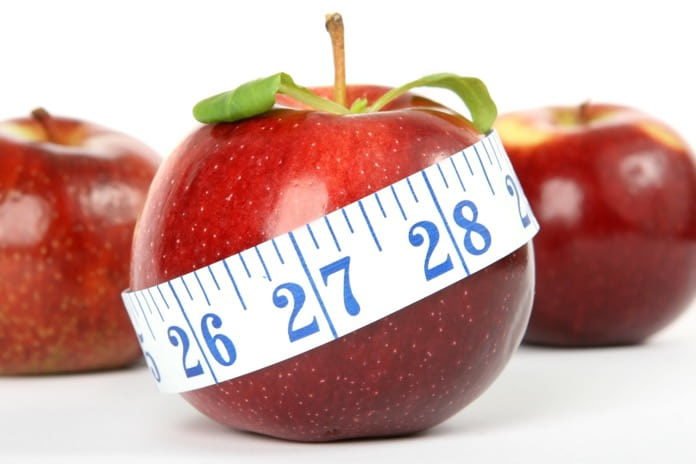A recent study determines whether intermittent fasting twice a week can improve health compared to diets that continuously restrict calories.
Excess weight is considered a risk factor for the development of chronic conditions like diabetes and cardiovascular disease. Weight loss may improve cardiometabolic parameters reducing risk. The benefits of weight loss strategies such as intermittent and continuous energy restriction diets have been studied, but it is not clear whether such strategies improve measures of glucose and lipid metabolism following meals (postprandial measures). Although cardiometabolic profiles are often evaluated following a period of fasting, postprandial assessments may provide a more realistic and reliable indicator of risk.
Researchers in the United Kingdom compared the effects of intermittent fasting and continuous energy restriction on postprandial lipid and glucose metabolism in 48 overweight/obese individuals who were randomly assigned to either an intermittent or a continuous energy restriction condition. The participants who were assigned to the intermittent condition consumed a very low-calorie diet for two consecutive days each week, while those in the continuous energy restriction condition restricted calories each day.
They assessed the participants’ cardiometabolic profiles after a meal (postprandial) at the beginning of the study and again after the participants had achieved a 5% weight reduction. The researchers hypothesized that postprandial improvements in lipid metabolism would be greater among the participants in the intermittent energy restriction condition. The results were recently published in the British Journal of Nutrition.
Twenty-seven participants achieved the 5% weight loss target. The participants who intermittently restricted their caloric intake achieved weight loss in a median of 59 days compared to a median of 73 days among the continuous energy restriction group; however, the difference was not statistically significant. Similarly, there were no differences between the groups in body composition or postprandial glucose response.
They also found that postprandial insulin levels reduced in both groups, and levels of C-peptide, a proinsulin molecule, and triacylglycerol, a measure of lipid metabolism, were lower in the intermittent energy restriction group compared to the continuous energy restriction group. The participants in the intermittent group also experienced significantly greater reductions in systolic blood pressure compared to the participants in the continuous energy restriction condition.
Overall, the results of this study suggest that intermittent fasting through very low-calorie diets followed just twice weekly may improve at least some measures of postprandial lipid and glucose metabolism. The reduction in postprandial triacylglycerol among individuals who intermittently restricted their calorie intakes may be particularly significant, as triacylglycerol has been associated with cardiovascular disease in previous studies. Further, this parameter was reduced by approximately 40%, suggesting clinically relevant benefits of intermittent energy restriction.
Additional studies with larger samples are needed to corroborate these results and to investigate the mechanisms through which intermittent energy restriction improves clinical parameters.
Written by Suzanne M. Robertson, Ph.D.
Reference: Antoni, Rona, Kelly L. Johnston, Adam Collins, and Margaret Robertson. “Intermittent versus continuous energy restriction: differential effects on postprandial glucose and lipid metabolism following matched weight-loss in overweight/obese subjects.” British Journal of Nutrition (2018).



